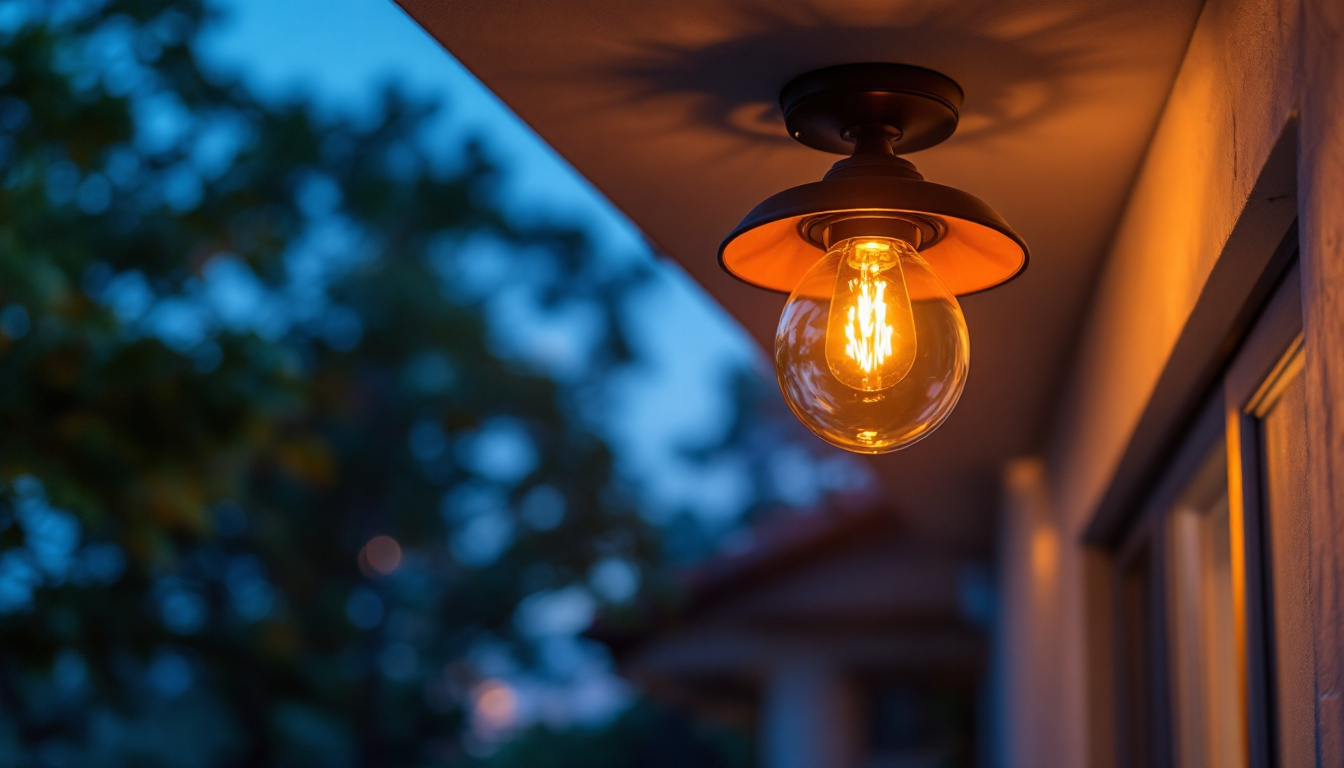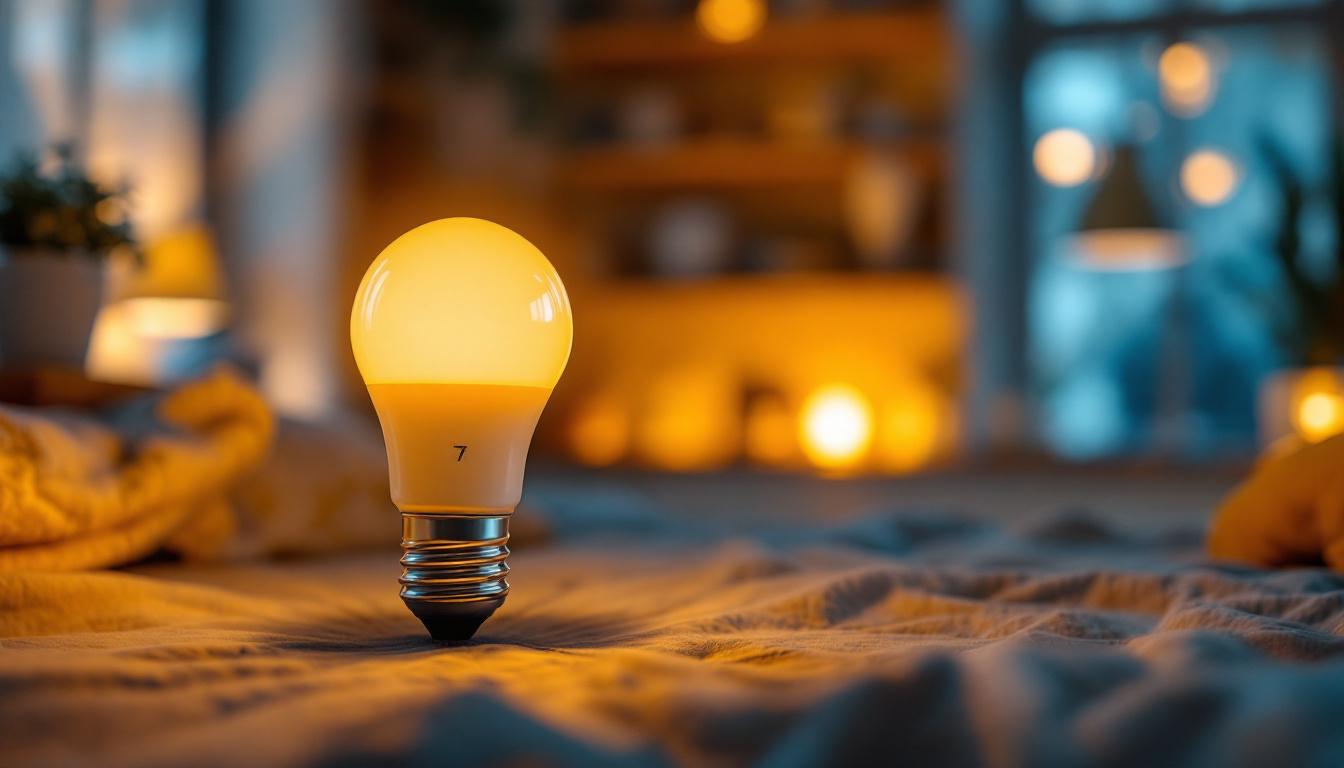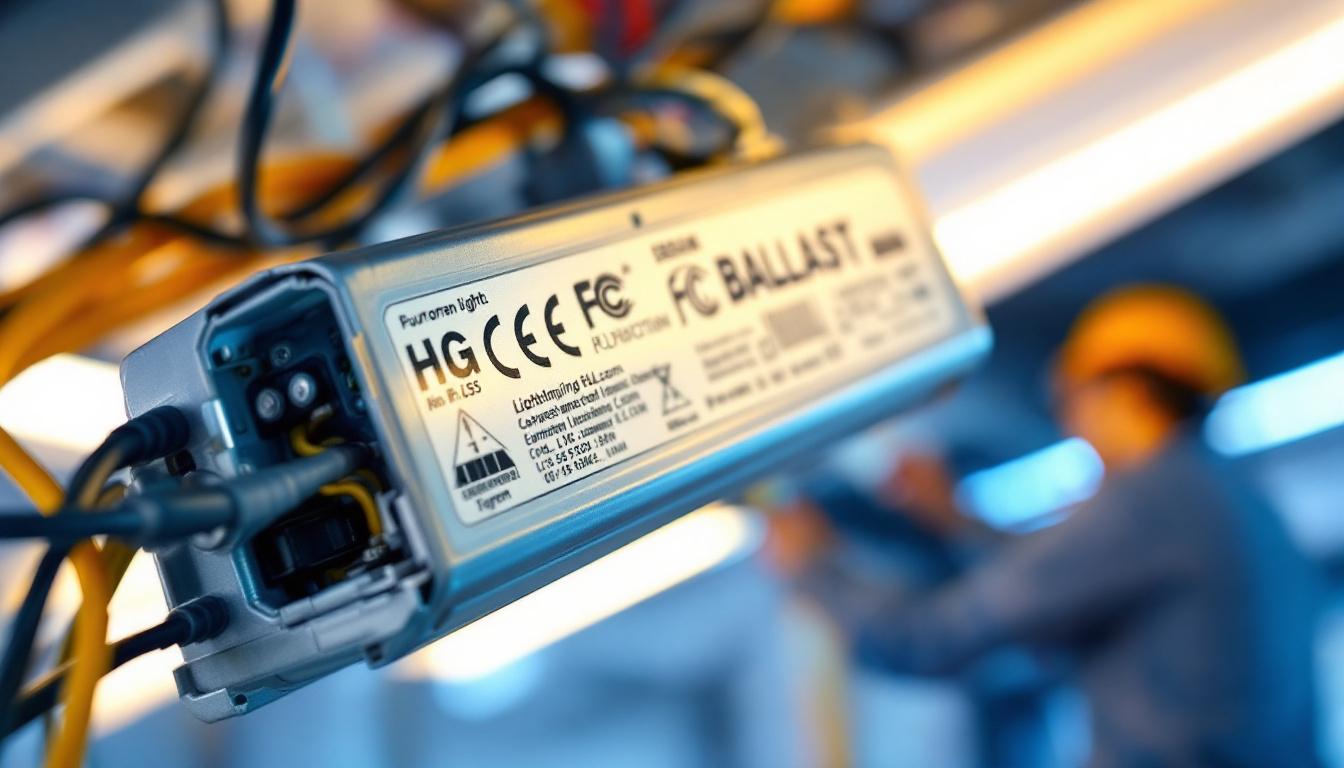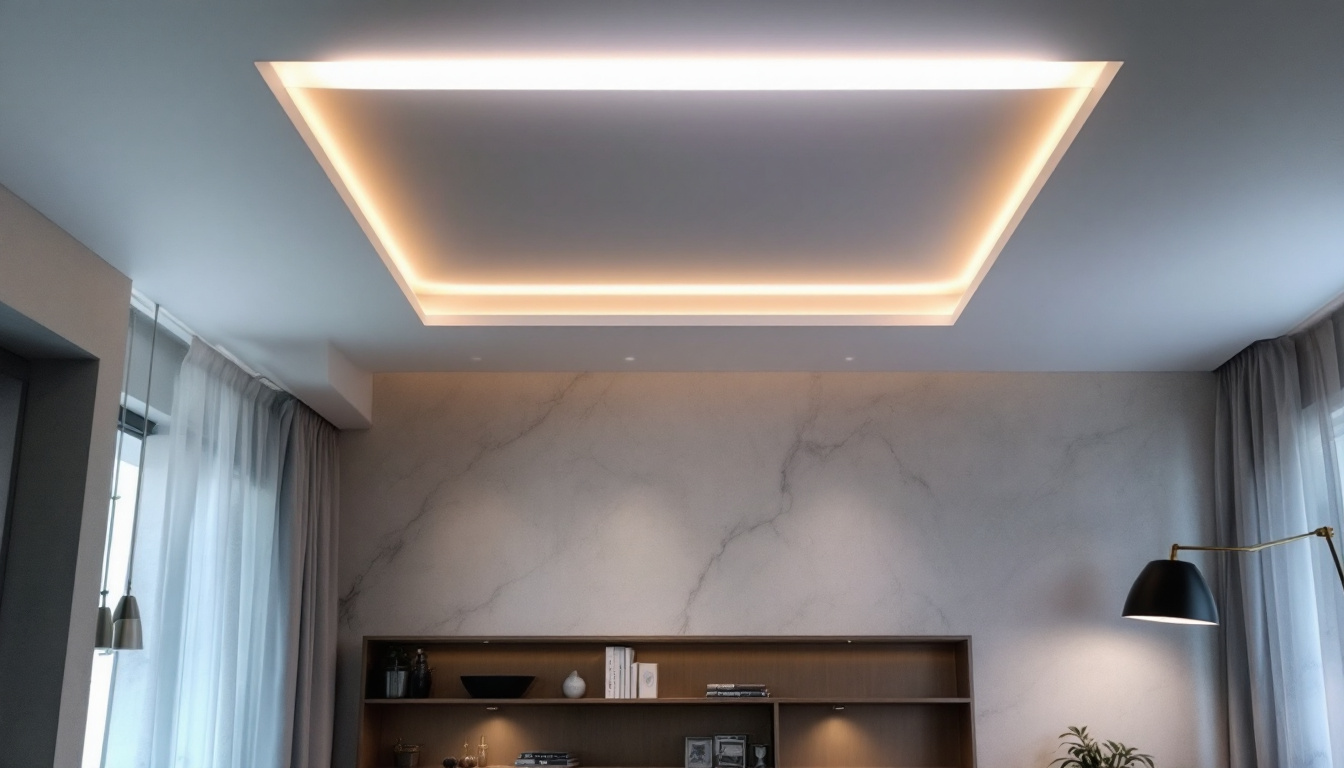
Lighting Fixtures Home: Why It Matters for Lighting Contractors
In the world of residential construction and renovation, lighting fixtures play a pivotal role in enhancing the aesthetic appeal and functionality of a space. For lighting contractors, understanding the significance of these fixtures is essential not only for meeting client expectations but also for ensuring successful project outcomes. This article delves into the importance of lighting fixtures in homes and how they can impact the work of lighting contractors.
Lighting fixtures are not merely functional elements; they are integral to the overall design and atmosphere of a home. They contribute to the mood, style, and usability of spaces, making them a critical consideration for any lighting contractor.
Every room in a house serves a different purpose, and the choice of lighting fixtures can significantly influence the ambiance. For instance, a modern pendant light can serve as a statement piece in a dining room, while recessed lighting can create a warm and inviting atmosphere in a living area. Understanding the various styles—be it contemporary, traditional, or eclectic—allows lighting contractors to recommend fixtures that align with the homeowner’s vision.
Moreover, the color temperature of the light emitted by fixtures can alter perceptions of space. Warm light tends to make spaces feel cozy and welcoming, while cooler light can create a more energetic and vibrant environment. Lighting contractors must be adept at selecting fixtures that not only fit the design but also enhance the intended mood of each area. Additionally, the placement of these fixtures plays a vital role; strategically positioning lights can highlight architectural features, artwork, or even create dramatic shadows that add depth and character to a room.
Beyond aesthetics, lighting fixtures must also fulfill practical requirements. For example, task lighting is essential in areas like kitchens and home offices, where focused light is needed for specific activities. In contrast, ambient lighting is crucial for general illumination in living spaces.
Lighting contractors must assess the functional needs of each room to recommend appropriate fixtures. This involves considering factors such as the size of the room, the layout, and the activities that will take place there. By doing so, they can ensure that the lighting not only looks good but also serves its intended purpose effectively. Furthermore, energy efficiency is becoming increasingly important in lighting design. With advancements in LED technology, contractors can offer solutions that provide excellent illumination while reducing energy consumption. This not only benefits the environment but also leads to significant cost savings for homeowners over time. Incorporating smart lighting systems can further enhance functionality, allowing users to control brightness and color temperature through their smartphones or voice commands, creating a truly personalized lighting experience.
For lighting contractors, the selection of fixtures is a critical aspect of the job. The right choice can enhance the overall project outcome, while poor selections can lead to dissatisfaction and additional costs. Thus, understanding the various types of lighting fixtures available is essential.
There are several categories of lighting fixtures that contractors should be familiar with, including chandeliers, wall sconces, pendant lights, and flush mounts. Each type serves a unique function and style, making it important for contractors to understand when and where to use each type.
Chandeliers, for example, are often used in dining rooms and entryways as focal points, while wall sconces can provide accent lighting in hallways or living rooms. Pendant lights are versatile and can be used in kitchens, dining areas, or even as decorative elements in living spaces. Flush mounts are ideal for low ceilings, providing unobtrusive lighting that blends seamlessly with the décor.
Additionally, contractors should consider the aesthetic appeal of fixtures. The design, material, and finish of each fixture can significantly influence the ambiance of a space. For instance, a modern glass chandelier can add a touch of elegance to a contemporary home, while rustic wooden pendant lights can enhance a farmhouse-style kitchen. Understanding the client’s vision and the overall design theme is crucial in making selections that not only illuminate but also elevate the space.
In today’s environmentally conscious market, energy efficiency is a significant consideration for homeowners. Lighting contractors should be well-versed in the latest technologies, such as LED fixtures, which not only consume less energy but also have a longer lifespan compared to traditional incandescent bulbs.
By recommending energy-efficient fixtures, contractors can help homeowners reduce their energy bills and minimize their environmental impact. This not only enhances the contractor’s reputation but also aligns with the growing demand for sustainable building practices. Furthermore, many local governments and utility companies offer incentives for installing energy-efficient lighting, providing an additional selling point for contractors to present to their clients.
Moreover, the choice of fixtures can also influence the overall comfort and functionality of a space. For example, dimmable LED fixtures allow homeowners to adjust the lighting according to their needs, whether it’s for a cozy evening or a bright, productive daytime environment. This adaptability not only enhances the user experience but also promotes energy savings by allowing users to utilize only the light they need at any given time. As such, contractors should emphasize the importance of flexibility in lighting solutions, ensuring that clients are aware of the benefits of modern lighting technology.
Investing in high-quality lighting fixtures can significantly enhance a home’s value. For lighting contractors, this is an important selling point when discussing project options with clients.
Homes with well-designed lighting tend to attract more potential buyers. A well-lit home appears more inviting and spacious, making it easier for buyers to envision themselves living there. Lighting fixtures that complement the home’s architecture and style can create a cohesive look that appeals to a wider audience.
Moreover, homes that feature modern, energy-efficient lighting solutions are often viewed more favorably in the market. Contractors who can showcase the value of these fixtures can help homeowners make informed decisions that will pay off in the long run.
The first impression a home makes is crucial, and lighting plays a significant role in this. Well-placed fixtures can highlight architectural features, artwork, and landscaping, creating a lasting impression on visitors and potential buyers alike.
Lighting contractors should emphasize the importance of strategic lighting placement to their clients. By highlighting key features of the home, they can enhance its overall appeal and value, making it more marketable.
Effective communication with clients is vital for lighting contractors. Educating homeowners about the importance of lighting fixtures can lead to better decision-making and ultimately, more satisfying outcomes.
Every client has unique preferences and requirements when it comes to lighting. It is essential for contractors to engage in thorough discussions to understand these needs. This involves asking questions about their lifestyle, the activities they engage in at home, and their aesthetic preferences.
By taking the time to understand client needs, contractors can provide tailored recommendations that align with their vision. This not only fosters trust but also enhances the likelihood of repeat business and referrals.
Lighting contractors should position themselves as experts in the field, offering guidance on the latest trends, technologies, and best practices. This may involve sharing information about the benefits of different types of fixtures, as well as tips for maintenance and energy efficiency.
By providing valuable insights, contractors can empower clients to make informed decisions that will enhance their homes. This educational approach can also lead to stronger client relationships and increased satisfaction with the final results.
The lighting industry is constantly evolving, with new technologies and design trends emerging regularly. For lighting contractors, staying updated on these changes is crucial for maintaining a competitive edge.
Smart lighting has gained popularity in recent years, offering homeowners greater control over their lighting environments. This includes features such as remote control, scheduling, and integration with home automation systems.
Contractors who are knowledgeable about smart lighting solutions can provide clients with innovative options that enhance convenience and energy efficiency. This not only meets the demands of modern homeowners but also positions contractors as forward-thinking professionals in the industry.
Design trends in lighting are ever-changing, influenced by factors such as fashion, technology, and consumer preferences. Contractors should keep an eye on emerging trends, such as minimalist designs, vintage aesthetics, or bold statement pieces, to ensure they can offer relevant options to clients.
By adapting to these trends, lighting contractors can enhance their service offerings and appeal to a broader range of clients. This adaptability can lead to increased business opportunities and a stronger reputation in the market.
In summary, lighting fixtures are a fundamental aspect of home design that significantly impacts the work of lighting contractors. Understanding their role in enhancing aesthetics, functionality, and home value is essential for delivering successful projects.
By staying informed about the latest trends, technologies, and client needs, contractors can provide valuable insights and recommendations that elevate their service. Ultimately, the ability to effectively incorporate lighting fixtures into home design not only enhances client satisfaction but also contributes to the contractor’s success in a competitive market.
As a lighting contractor, your choice in fixtures can make or break a project. At LumenWholesale, we understand the importance of quality, affordability, and convenience in lighting solutions. Our spec-grade lighting products not only meet the highest industry standards but also come at unbeatable wholesale prices, giving you the competitive edge you need. Say goodbye to local distributor markups and hello to a vast selection of reliable, high-performance lighting with free shipping on bulk orders. Elevate your service and delight your clients by choosing Wholesale Lighting at the Best Value with LumenWholesale.

Discover how lighting contractors can elevate their projects with the right ceiling outdoor light fixtures.

Discover how the Type B Bulb 7 Watt enhances energy efficiency, reduces electricity costs by up to 80%, and offers eco-friendly lighting solutions—save money and go green today!.

Discover why the ballast is crucial for fluorescent lighting systems and how it impacts efficiency and performance.

Discover the latest trends in ceiling recessed lighting that every lighting contractor should be aware of.